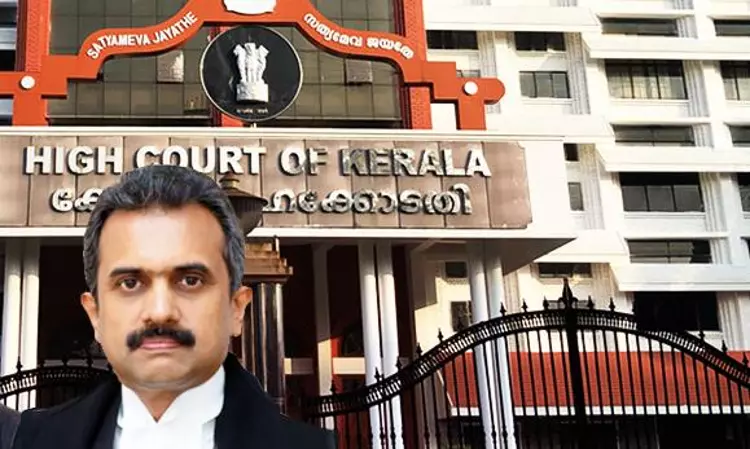Joint Locker Hirer Not Liable To Secure Letter Of Administration To Operate Locker Upon Death Of One Of Hirers: Kerala High Court
Navya Benny
27 Feb 2023 2:00 PM IST

Next Story
27 Feb 2023 2:00 PM IST
The Kerala High Court recently held that a joint owner of a locker is entitled, as of right, to operate the locker, independent of the other owner, and thus, would not have to secure any letters of administration or probate under Section 29 of the Administrators-General Act, 1963, pursuant to the death of the other owner. Perusing Section 218 of the Indian Succession Act, 1925, that stipulates...
